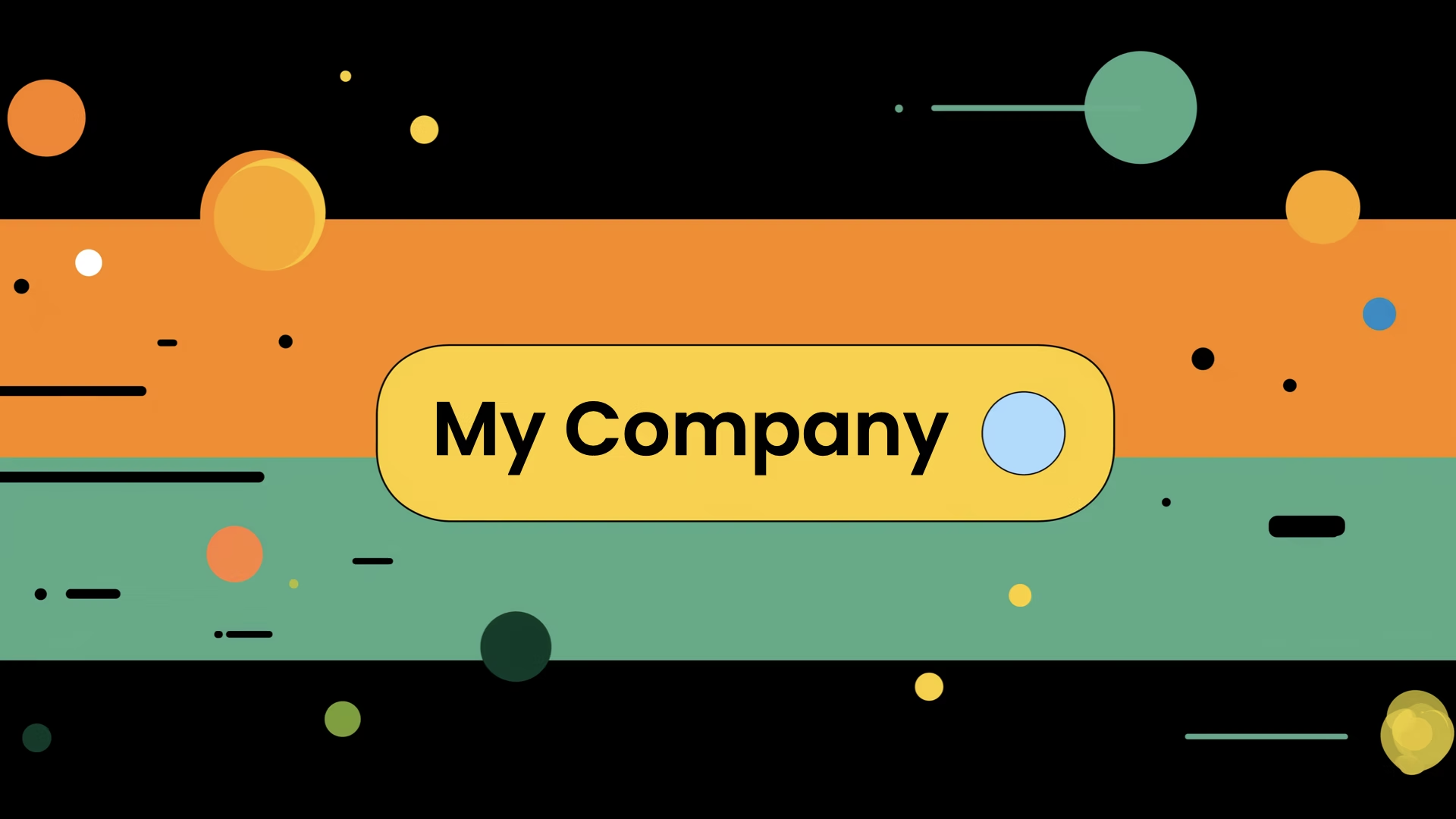SEO: Searching & Finding in 2025

The last few months have made one thing painfully clear: traditional SEO is no longer enough. Google is no longer the only place where purchase decisions happen. AI-driven search — through platforms like ChatGPT, Perplexity and Google’s own AI Overviews — is rewriting the rules.
And the numbers are harsh: many brands are already seeing traffic losses of 30–60% on their most important pages. The winners? Those who show up directly inside AI answers. This is the new SEO reality. Fewer clicks, more value — if you know how to play the game.
1. AI Search as a Sales Channel
AI search isn’t just another traffic source. It’s a sales channel in its own right. Yes, the search volumes are smaller than Google. But the visitors who do come through AI search are often closer to conversion. These are people who trust the answer they get and are ready to act on it.
In other words: quality over quantity.
Each platform relies on different sources of truth:
- ChatGPT → Wikipedia, Reddit, official references
- Perplexity → Community discussions, Reddit
- Google AI Overviews → YouTube, Google-owned content
👉 To win, your brand needs to be present everywhere. Wikipedia entries, active Reddit threads, and useful YouTube videos have become trust signals that decide whether you appear in an AI-generated answer.
2. Authority Over Keywords: E-E-A-T
In the old SEO playbook, keywords and backlinks ruled. In 2025, authority is the new currency. AI engines care about whether you’re a credible source, not just whether you repeat the right words.
What matters now:
- Clear authorship: real names, bios, credentials
- Schema markup: FAQs, reviews, how-tos
- Consistency: website, socials, PR all aligned
- External validation: reviews on Trustpilot, G2, media mentions
👉 Without expert profiles and external proof points, your brand risks becoming invisible in AI results.
3. Engagement > Reach
Google itself confirms it: in 2025, fewer clicks can mean more value — as long as engagement is high. The old obsession with raw traffic is outdated. What matters now is what users do once they land on your site.
Some key shifts:
- 87% of Gen Z already use visual search (TikTok, YouTube, Google Lens).
- AI prefers content it can cite: FAQs, transcripts, TL;DR summaries.
- Value-driven content outperforms long-winded blogs.
👉 Engagement beats reach. Depth beats volume. Clarity beats clutter.
What You Can Do Right Now
- Wikipedia & PR → Build a solid Wikipedia entry and push press releases for launches.
- Reddit & Communities → Contribute authentically. Answer questions without spamming.
- YouTube & Video → Create concise, helpful videos. Always add transcripts and captions.
- Schema Markup → Use JSON-LD for FAQs, how-to guides, product pages, reviews.
- Reviews & Validation → Collect structured reviews on platforms AI crawls.
5 questions, 5 answers
1. Is traditional SEO still relevant in 2025?
Yes — but only as a foundation. Keywords and backlinks are still part of the game, but authority, trust signals, and multi-platform visibility are now more important.
2. How is AI search different from Google search?
AI search delivers direct answers, often citing external sources like Wikipedia, Reddit, or YouTube — instead of sending users to a list of links. That makes it both a traffic risk and a sales opportunity.
3. Why is E-E-A-T more important than keywords?
Because AI engines prioritize credible, human experts. Clear authorship, structured data, and external validation increase your chances of being cited.
4. What platforms should brands focus on to appear in AI answers?
- Wikipedia
- Reddit and niche communities
- YouTube (with transcripts and captions)
- Review sites like Trustpilot, G2
- Media mentions and PR articles
5. What can I do right now to adapt my SEO?
- Create a Wikipedia entry
- Contribute authentically on Reddit and communities
- Publish short, helpful videos with transcripts
- Add schema markup for FAQs, how-tos, reviews
- Collect structured, verifiable reviews








.avif)






